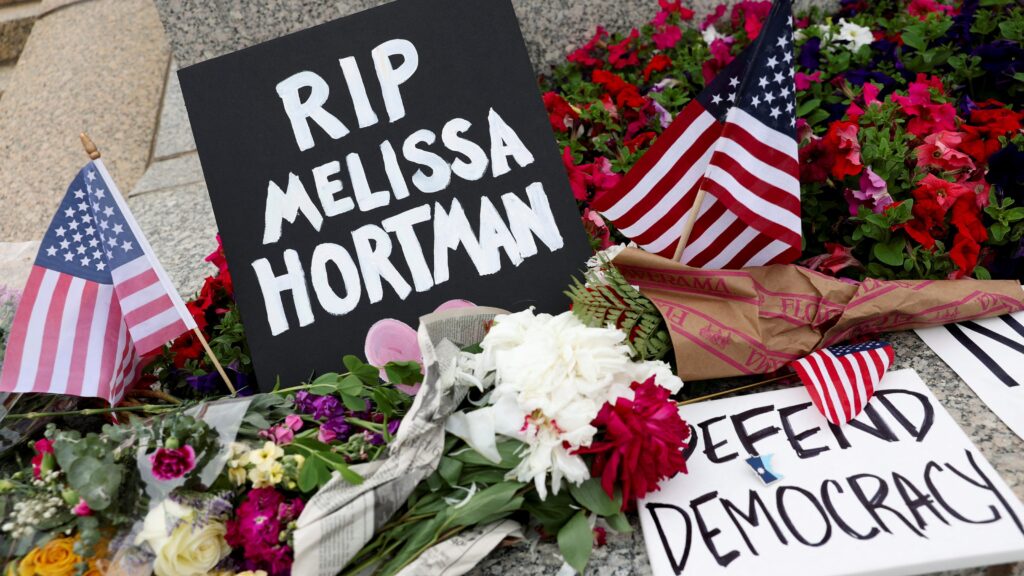The Trump administration’s dismantling of the Department of Homeland Security’s Center for Prevention Programs and Partnerships (CP3) raises concerns amid a surge in politically motivated attacks. Under Trump’s leadership, the CP3 has been reduced to a small team, with a lack of experienced personnel, just before tragic incidents like the Minnesota shootings. Critics argue that this move compromises efforts to prevent violent extremism.
While a DHS official downplays the significance of CP3, national security experts warn that dismantling the office undermines critical counterterrorism efforts, especially in combating lone actor terrorism. The CP3 program has been instrumental in identifying potential violent extremists and referring cases for intervention or investigation, showcasing its impact in preventing violence.
The decision to defund CP3 comes at a time when lone actor incidents, difficult to predict, are on the rise. Programs supported by CP3 play a crucial role in community-based prevention efforts, aiding in spotting warning signs and reporting suspicious activities. The closure of CP3 amidst a surge in domestic terrorism poses significant challenges in preventing future attacks.
The controversial history of CP3, previously known as the “Countering Violent Extremism” program, has seen political influence and funding issues. The current administration’s actions have sparked concerns about the resurgence of far-right extremist groups and the implications of pardons for individuals involved in violent acts. The absence of CP3’s support leaves a gap in efforts to address radicalization and extremist threats, raising questions about the government’s approach to combating domestic terrorism.

